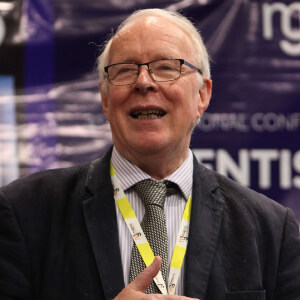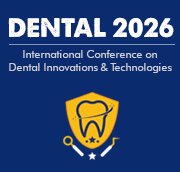Prosthetic Root
Prosthetic Roots in dentistry are artificial dental roots that are used to replace teeth that have been removed or lost due to gum disease, trauma, or decay. Prosthetic Roots are made from either metal or ceramic materials. They are surgically implanted into the jawbone and act as a foundation for a dental restoration such as a dental bridge or a dental crown. Prosthetic Roots can also be used to provide support for removable dentures. Prosthetic Roots can be used to replace both natural and prosthetic teeth. When replacing a natural tooth, the Prosthetic Root is surgically placed into the jawbone below the gum line and secured with dental cement. The dental crown or bridge is then attached to the prosthetic root to complete the restoration. When replacing a prosthetic tooth, the Prosthetic Root is attached to the existing prosthetic tooth and the dental crown or bridge is attached to the Prosthetic Root. The benefits of Prosthetic Roots in dentistry are numerous. Prosthetic Roots are a permanent solution to missing teeth and provide stability to the restoration. They can also help to preserve the jawbone, as the dental restoration will help to keep the jawbone in place. Prosthetic Roots can also be used to treat advanced periodontal disease and can help to reduce the risk of future tooth loss. Prosthetic Roots are considered to be a safe and effective treatment option for missing teeth. The procedure to place a Prosthetic Root is typically straightforward and the recovery time is usually short. Patients may experience some discomfort during the recovery period, but this usually subsides after a few days. Prosthetic Roots are a great option for those looking to replace missing teeth and restore their smile. They provide a permanent solution to missing teeth and help to preserve the jawbone and reduce the risk of future tooth loss. If you’re considering replacing missing teeth, talk to your dentist about whether Prosthetic Roots are the right treatment option for you.

David Geoffrey Gillam
Queen Mary University of London, United Kingdom
Zvi Loewy
New York Medical College, United States
Khamis A Hassan
Global Dental Research Centre, Canada
Laurindo Moacir Sassi
Erasto Gaertner Hospital Cancer Center and Mackenzie Evangelical University Hospital, Brazil
Arnaldo Castellucci
Dr. Castellucci MD, DDS, Italy
Yasser Khaled
Marquette University, United States



Title : Efficacy of a biomin F toothpaste compared to conventional toothpastes in remineralisation and dentine hypersensitivity: An overview
David Geoffrey Gillam, Queen Mary University of London, United Kingdom
Title : Knowledge and attitudes of dental professionals in the evaluation of Molar Incisor Hypomineralisation (MIH): Awareness, diagnosis and treatment approaches: An overview
David Geoffrey Gillam, Queen Mary University of London, United Kingdom
Title : The coordinated triad of spatial temporal and biomechanical strategies managing the where when and how of shrinkage stress in bulk fill resin composite restorations
Khamis A Hassan, Global Dental Research Centre, Canada
Title : Dental treatment of 1500 young children under general anesthesia
Jaap Boehmer, Rijnstate Hospital, Netherlands
Title : Enhancing root canal success strategic use of orifice opener one step synthesis gels orifice barriers
Emmanuel Samson, Consultant Total Dental Care, India
Title : Importance of clinical pharmacokinetics of medications in the postoperative period of patients undergoing dental surgical procedures
Vitoldo Antonio Kozlowski Junior, Ponta Grossa State University, Brazil